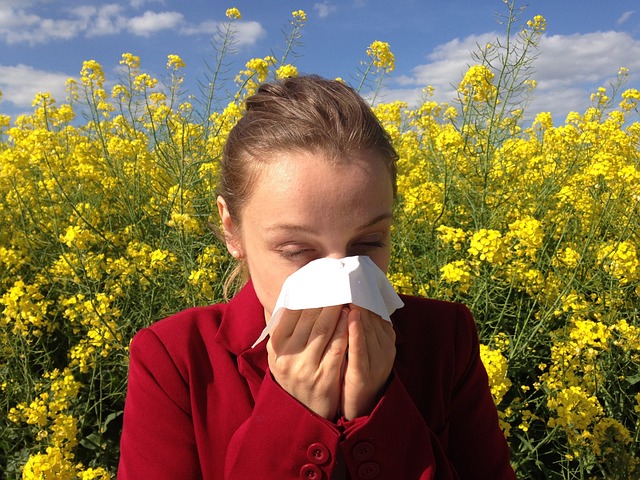
Having smelly feet, also known as foot odor or bromodosis, is a common problem that can be embarrassing and difficult to deal with. Foot odor is caused by the growth of bacteria and fungi on the feet, which can thrive in the warm, damp environment inside shoes.
Fortunately, there are several steps that you can take to get rid of smelly feet and keep them smelling fresh:
Wash your feet regularly with soap and water. Use a washcloth or scrub brush to clean between your toes, where bacteria and fungi can accumulate.
- Wash your feet regularly with soap and water. Use a washcloth or scrub brush to clean between your toes, where bacteria and fungi can accumulate.
- Dry your feet thoroughly after washing, especially between the toes. Moisture can promote the growth of bacteria and fungi, so it is important to make sure your feet are completely dry.
- Use an antifungal foot powder or spray on your feet to help prevent the growth of bacteria and fungi. These products can be found at most drugstores and pharmacies.
- Wear clean socks every day, and change them if they become damp or dirty. Cotton socks are best because they are breathable and can help keep your feet dry.
- Avoid wearing the same pair of shoes every day. Alternate between at least two pairs of shoes, and allow them to air out completely between wearings.
- Consider using insoles or foot pads that contain antimicrobial agents to help control foot odor. These products can be inserted into your shoes and can help prevent the growth of bacteria and fungi.
- If your feet are excessively sweaty or smelly, you may have a condition called hyperhidrosis. In this case, it is a good idea to see a doctor for further evaluation and treatment.
With a little effort and attention to hygiene, you can get rid of smelly feet and keep them smelling fresh. By washing your feet regularly, drying them thoroughly, and taking other steps to control the growth of bacteria and fungi, you can enjoy more comfortable and odor-free feet.



